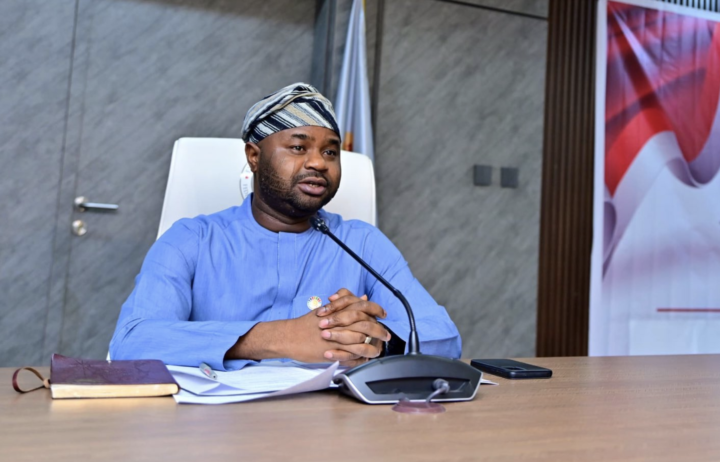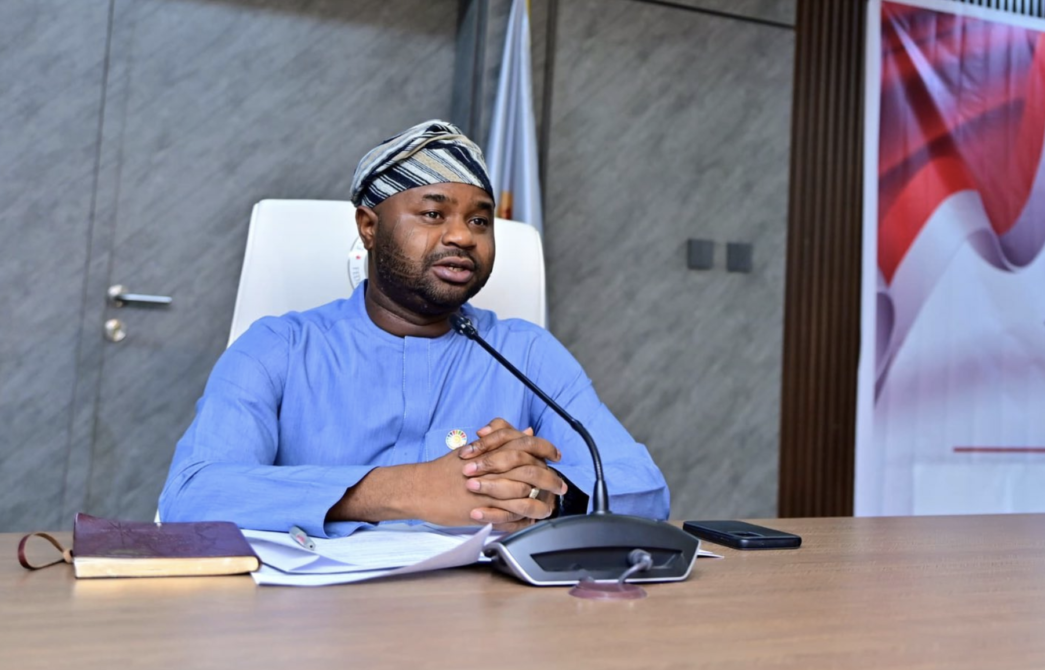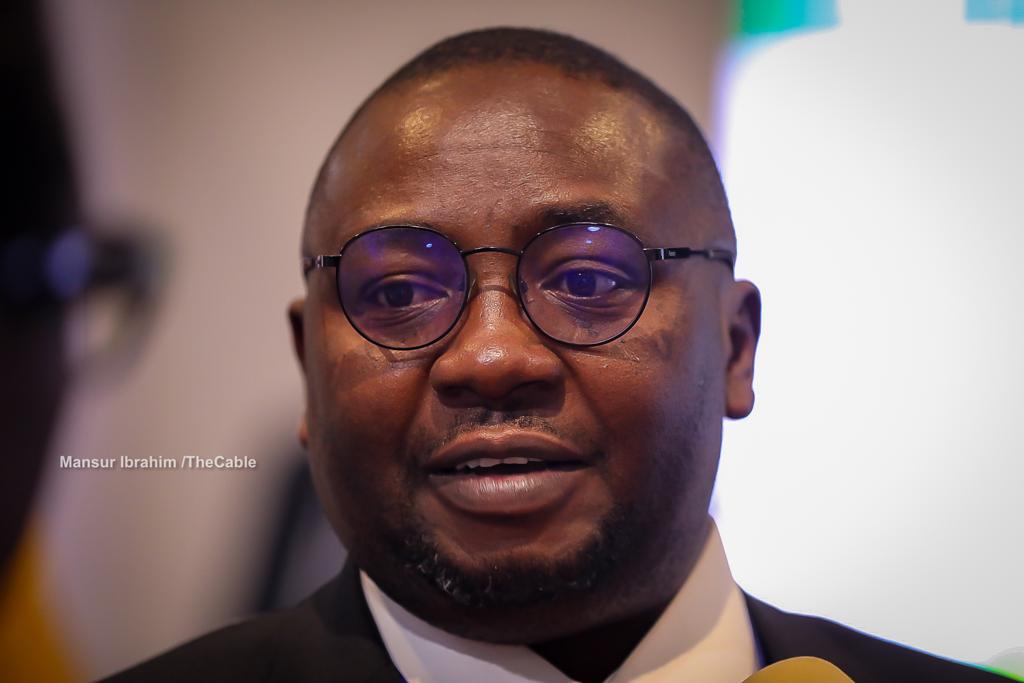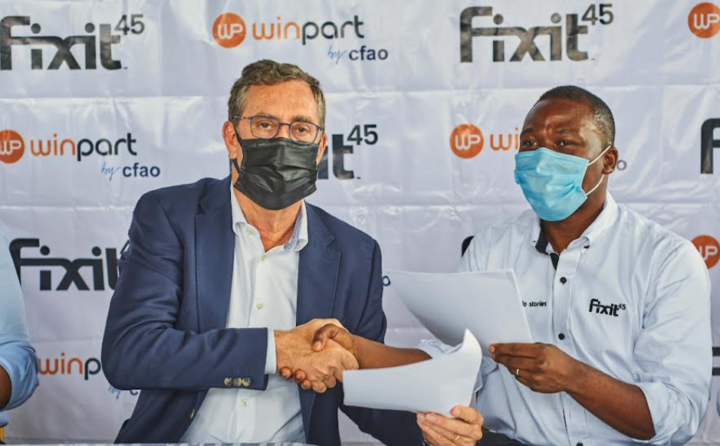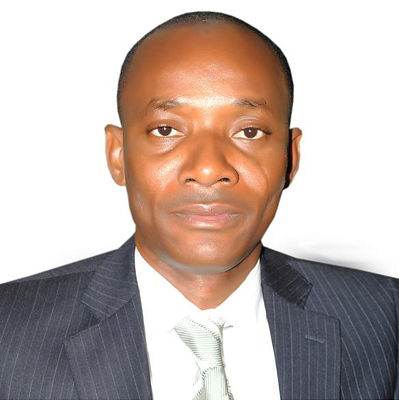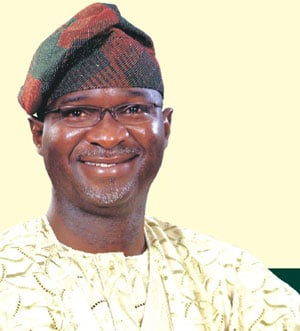Zacch Adedeji, chairman of the Federal Inland Revenue Service (FIRS), says Nigeria should not see its dwindling revenue as a national disaster but as an opportunity to redesign the economy, strengthen institutions and modernise the tax system.
On November 10, it was reported that Nigeria’s gross profit from crude oil and gas sales plunged by N824.66 billion in 2024 despite a rebound in oil production.
Speaking at the University of Ilesa’s founders’ day lecture on Friday, Adedeji said the country stands “at a fiscal crossroads,” but insisted that the challenge should inspire innovation rather than panic.
“Dwindling revenues are not the end of the road. They are a call to reform. This moment must not be seen as a crisis to manage but an opportunity to rebuild with courage, clarity and conviction,” he said.
Advertisement
Adedeji argued that economic resilience is not built during emergencies but in periods of relative stability and that Nigeria must adopt a proactive rather than reactive approach to fiscal management.
“Resilience is not reactive but proactive. It is not built in times of crisis but built before the storm comes,” he said.
The FIRS chairman stressed the need for structural reforms that look beyond short-term fixes, arguing that Nigeria must “bounce forward stronger, smarter, and more prepared,” rather than merely recover from each disruption.
Advertisement
Adedeji added that Nigeria’s heavy debt burden, which he said at one point gulped over 90 percent of government revenue, shows why the country must rethink how it raises and manages public funds.
He said the pressure should push the nation to move away from its dependence on oil and build a modern, technology-driven revenue system that matches the size and realities of the economy.
Also, the FIRS chairman said Nigeria cannot fund its development solely on traditional revenue streams.
Adedeji called for innovative financing, including public-private partnerships, sovereign wealth buffers, green bonds, carbon taxes and performance-linked incentives.
Advertisement
He noted that digital reforms led by FIRS, including TaxPro Max, the electronic tax clearance certificate (e-TCC) system and the ongoing consolidation of tax laws, are designed to make compliance simpler and revenue administration more transparent.
“We are not only collecting more taxes, we are collecting smarter, fairer, and in alignment with Nigeria’s development goals,” he noted.
Adedeji urged government, academia and the private sector to embrace the shift from crisis-thinking to innovation-thinking, arguing that Nigeria’s fiscal future depends on coordinated reform.
“Let it not be said that we failed to act when the path was known and the need was urgent,” he said.
Advertisement
The chairman added that it should be said “that in an era of dwindling revenue, Nigeria chose resilience over retreat”.
Advertisement
